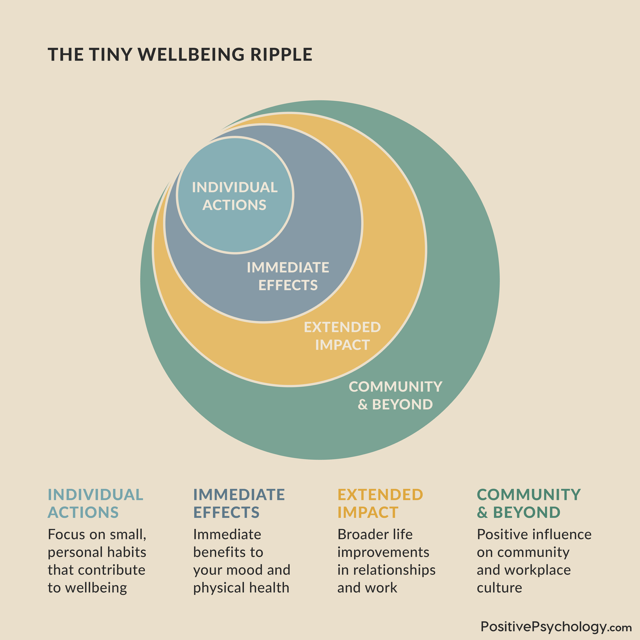“Positive psychology is the scientific study of what makes life most worth living”
– Peterson, 2008
Positive Psychology has emerged as a powerful approach to help people focus on what’s working well in life, instead of solely concentrating on problems. In a world where negativity often dominates, Positive Psychology provides a proactive way to cultivate well-being, happiness, and resilience. Let’s explore the benefits of Positive Psychology and why it matters now more than ever.
Understanding Positive Psychology: From Learned Helplessness to Flourishing
Dr. Martin Seligman, one of the pioneers of Positive Psychology, initially researched learned helplessness, a concept showing how humans and animals may feel powerless when they believe they cannot control what happens to them. His research revealed a strong link between feelings of helplessness and depression, where individuals feel a loss of control over their direction and purpose.

By the year 2000, Seligman and Mihaly Csikszentmihalyi—known for his work on “flow,” a state of deep focus and enjoyment—published a special issue of American Psychologist, laying the groundwork for the formal field of Positive Psychology. This field emphasizes well-being, happiness, and flow as essential components of a fulfilling life.
Shifting from Problem-Focused to Solution-Oriented
Traditional psychology largely addresses mental illness and negative states by focusing on the question, “What is wrong with people?” Positive Psychology shifts this focus to a strengths-based approach, asking instead, “What is right with people?” Rather than dwelling on problems, Positive Psychology encourages the cultivation of positive skills, mindsets, and habits to support a person’s overall well-being.
Dr. Seligman’s 2002 book, Authentic Happiness, outlined how happiness can be understood, practiced, and achieved through practical exercises. This approach underscores that happiness and life satisfaction are not just fleeting emotions but skills that can be nurtured.
Key Benefits of Positive Psychology
The benefits of Positive Psychology are diverse and powerful, extending beyond individual happiness to impact our interactions, productivity, and overall outlook on life. Here are some of the major advantages:
Improved Well-Being
Positive Psychology promotes a balanced life through physical, mental, and social well-being, fostering healthier relationships and greater satisfaction. This holistic approach contributes to overall well-being.
Gratitude as a Daily Practice
Practicing gratitude is a simple yet impactful habit that encourages people to focus on the good. Studies show that gratitude can improve emotional health, strengthen relationships, and increase happiness.
Flourishing
Unlike just “getting by,” Positive Psychology encourages individuals to flourish—to thrive in all areas of life. This means actively seeking growth, joy, and purpose rather than settling for survival mode.
Flow and Engagement
The state of “flow” is a peak experience of immersion in activities, characterized by feelings of timelessness and effortlessness. Positive Psychology helps individuals find more moments of flow by engaging in fulfilling tasks and interests.
The PERMA Model
Dr. Seligman’s PERMA Model offers five pillars of flourishing: Positive emotions, Engagement, Relationships, Meaning, and Accomplishment. By nurturing these elements, individuals create a strong foundation for a meaningful, satisfying life.
Applying Positive Psychology in Daily Life
Integrating Positive Psychology into your daily life doesn’t require drastic changes. Small, intentional practices can yield substantial benefits. Here are some ways to get started:
- Pursue Activities That Bring Joy
- Make time in your daily routine for activities that genuinely make you happy, such as hobbies or moments of relaxation.
- Develop Skills Aligned with Your Passions
- Working on skills or taking on hobbies that match your values and interests can boost both your sense of accomplishment and your joy.
- Nurture Positive Relationships
- Building supportive relationships with friends, family, and coworkers contributes significantly to happiness and well-being.
- Seek Meaning and Purpose
- Finding ways to give back, whether through mentoring, volunteering, or meaningful work, can create a sense of purpose and fulfillment.
Why Positive Psychology Matters
Positive Psychology reminds us that while life includes both highs and lows, we can actively cultivate a mindset that promotes resilience, hope, and joy. It is not about ignoring challenges but building a strong baseline of well-being that equips us to handle life’s inevitable ups and downs.
By shifting our focus to the positive, practicing gratitude, and investing in personal growth, we can foster a ripple effect that impacts our communities. Positive Psychology teaches that each of us has a purpose and unique contributions to offer. In building our own well-being, we inspire others to do the same.
Let’s start building a foundation for a life grounded in Positive Psychology—a life that celebrates the good, meets challenges with resilience, and aims for growth.




